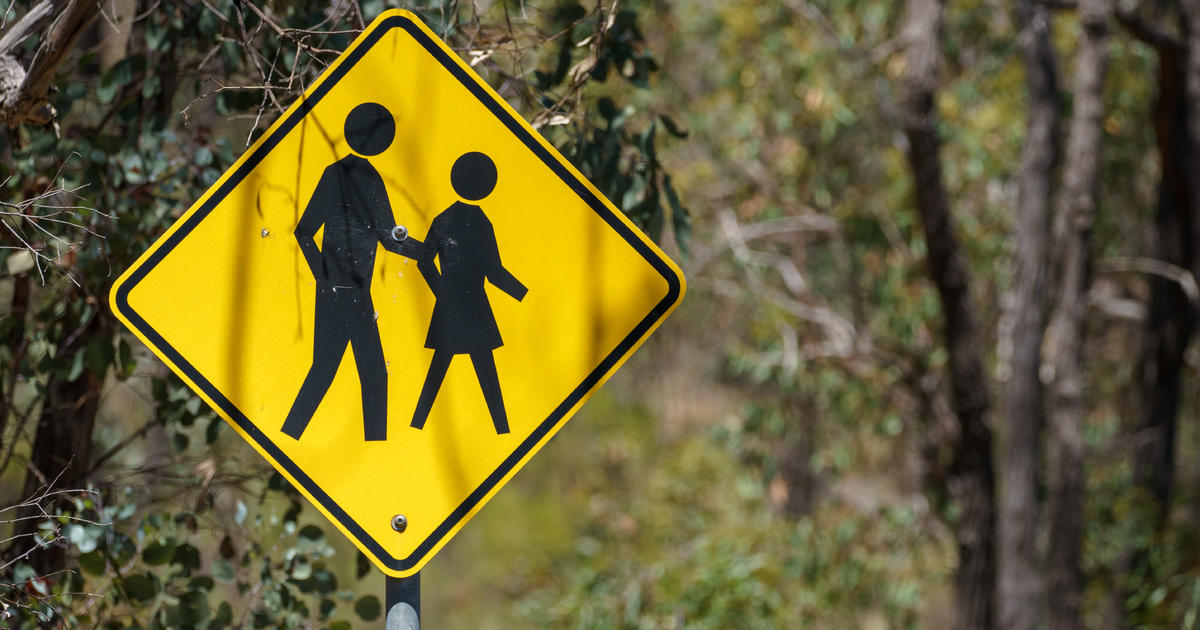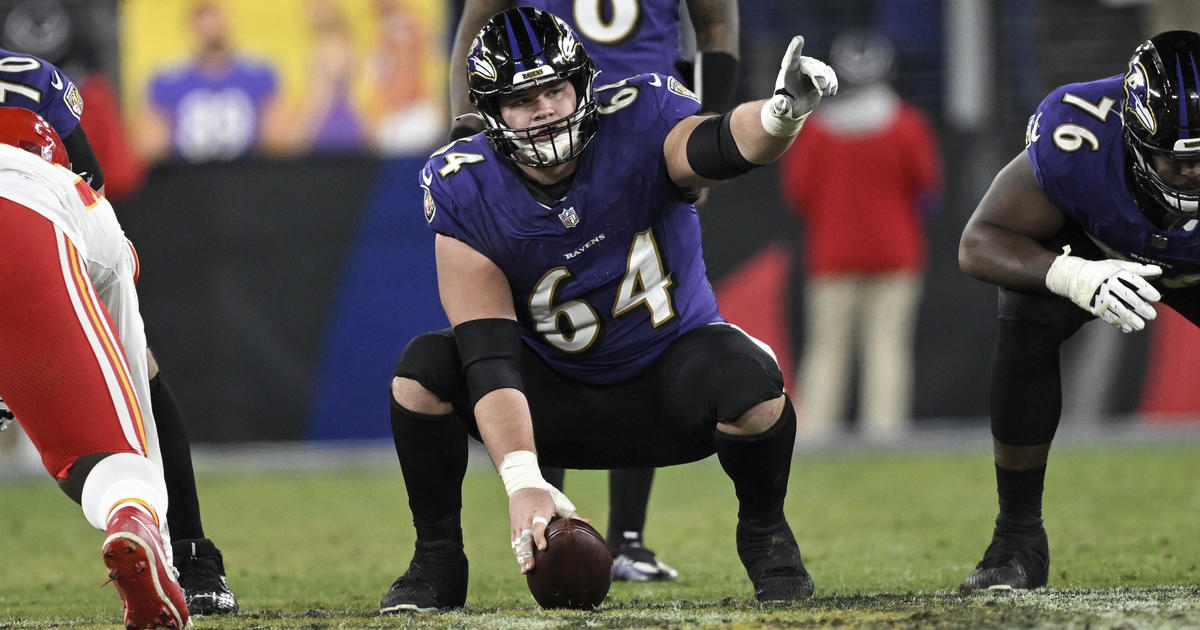Mikaela Shiffrin's Olympic Story Far From Over
Alpine skiing can be maddening for competitors because even when conditions are great, the mountain can humble you in a blink. Most runs look the same but no two trips down the trail are ever identical.
When racing against the world's best, tenths of a second determine the difference between first place and failing to medal. Instinct, discipline and muscle memory forge a holy trinity and then must bond with a greater force than all of them: gravity.
And gravity never lies.
In slalom, gravity will help you at your best; it is the invisible hand relentlessly prompting you down the mountain. Anything short of your best, and it can torment you. It is the punisher, an arbiter without bias.
Mikaela Shiffrin was not at her best on Friday.
The American skiing phenom was the overwhelming favorite to win gold in slalom -- her signature event -- but after taking fourth following her first run, Shiffrin could not make up enough time to finish first in Friday's big alpine race in Pyeonchang. Shiffrin finished with a combined time of 1:39.03, stunningly placing her in fourth. No medal for the woman who dominantly won gold in the same event in Sochi four years ago.
Sweden's Frida Hansdotter came from behind to take gold (1:38.63), with Switzerland's Wendy Holdene (1:38.68) taking silver and Austria's Katharina Gallhuber (1:38.95) edging Shiffrin, whose second run was 0.29 seconds slower than her first.
"Slalom is really close to my heart," Shiffrin told NBC. "It's been the event I've been strongest in, the most confident with for my entire career, and the World Cup circuit now. I was really bummed out about my first run today, so I wanted to make up for that in my second run. It wasn't enough, a little mistake, but also just not going down the hill enough, and yeah, it's a really big bummer because it's the Olympics."
The Olympics often reinforce impressions about the greatest athletes in the world. Because of quadrennial, widespread dominance in the Summer Games, and thanks to gold medal performances earlier this week from snowboaders Chloe Kim and Shaun White, Americans have grown accustomed to seeing hyped Olympians perform up to their reputations. Shiffrin, already with one gold to her name at these Olympics, has fallen short. That's the risk of trying to do the unprecedented, of initially intending to compete for the podium in every alpine event at the same Olympiad.
A fourth-place finish for someone who has proven to be the best young skier in the world is hard to reconcile with, especially when she was defeated in her almost-automatic event. Shiffrin has been nearly unbeatable in slalom in recent years, and almost always winds up in the top three of the slalom races she enters. Since 2014 she's raced in 34 world championship and world cup slalom competitions. She has finished first, second or third in 30 of them -- an outrageous 88 percent.
Heading into Friday's race, Shiffrin finished first in seven of her nine slalom competitions this season. She was rightfully a huge favorite.
But that's why alpine skiing is always so fascinating. There is always a gold, silver and bronze to be handed out, but no matter who takes to the podium, the mountain wins again and again and again.
Shiffrin threw up before her first run on Friday, only this time it might not have been typical pre-competition butterflies. The 22-year-old ski phenom has spoken openly about her unwanted penchant for pre-race puking in the past, but in speaking with NBC after her first run in the slalom Friday morning in Pyeonchang, Shiffrin allowed for the possibility that she could be sick.
"It almost felt like a virus, less about nerves," Shiffrin reportedly told NBC. This was prior to Run No. 2. After her second run, Shiffrin hinted that she might not have been physically at her best.
"I'm disappointed, but I don't know, I mean I didn't quite feel like myself today," she said. "After yesterday, it's such an emotional high and, yeah. I mean it happens. Fourth place and just off the podium. But I think my second run was better, but I was not aggressive enough in the first run to be worthy of a medal, and I'm happy for the girls that did medal today."
Shiffrin's second slalom run came approximately 24 hours removed from her gold medal performance in the giant slalom, which was pushed back three days due to wind and weather issues in South Korea. Further complicating matters, Shiffrin said she lost about 90 minutes of sleep on Thursday night.
Despite being a considerable favorite for gold in a field of 78 racers, Shiffrin's first-run race of 49.37 seconds placed her 0.48 seconds behind Holdener, who led through run one. Shiffrin has come from behind to win global slalom competitions many times before, but only once when facing a deficit greater than 0.48 seconds.
The super-G is no longer on the table; the weather-induced, condensed racing schedule forced Shiffrin's hand, so she will not ski in that event Saturday. That means her next event is scheduled to come Tuesday in the downhill. With plenty of rest and on the heels of a disappointing showing in slalom, Shiffrin will have an opportunity to enter that race with the mindset of a hungry underdog.
The Winter Olympics often provide upsets, but Friday's stunner in the slalom provided arguably the biggest shock these Games will offer. Shiffrin's so talented and so well-conditioned, she still has a shot to come out of these Olympics with records to her name and multiple medals dangling from her neck. One more medal and she'll set the American record for most alpine medals in Olympic history. Here is your reminder that she's just 22.
This story -- Shiffrin's story -- is not done yet.



